‘Shang-Chi’ Star Simu Liu Dismisses Quentin Tarantino And Martin Scorsese As Racist “Gatekeepers” For Their Criticism Of The MCU: “The ‘Golden Age’ Of Hollywood Was White As Hell”

Not one to let an opportunity to embarrass himself pass him by, Shang-Chi and the Legend of the Ten Rings star Simu Liu has dismissed the criticisms of the Marvel Cinematic Universe by veritably esteemed Hollywood directors Quentin Tarantino and Martin Scorsese as nothing more than racist “gatekeeping”.
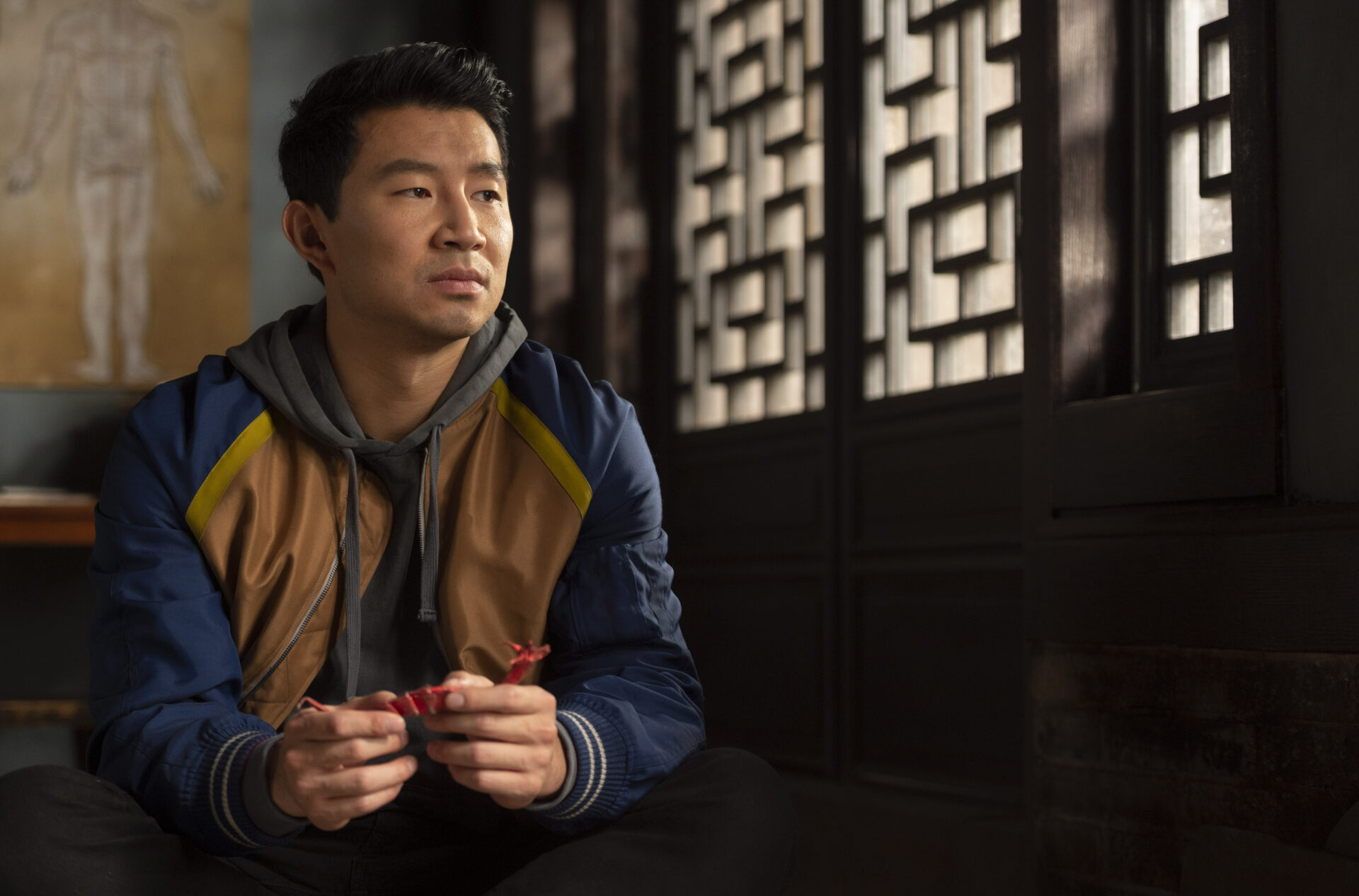
As many may already know, whether through listening to the director himself or the unhinged ranting of those who are unable to fathom the idea that Thor: Love and Thunder is not high art, Scorsese is far from the biggest fan of the MCU.
Speaking to the topic during an interview with Empire magazine (via IndieWire) in 2019, The Wolf of Wall Street director explained, “I don’t see them. I tried, you know? But that’s not cinema.”
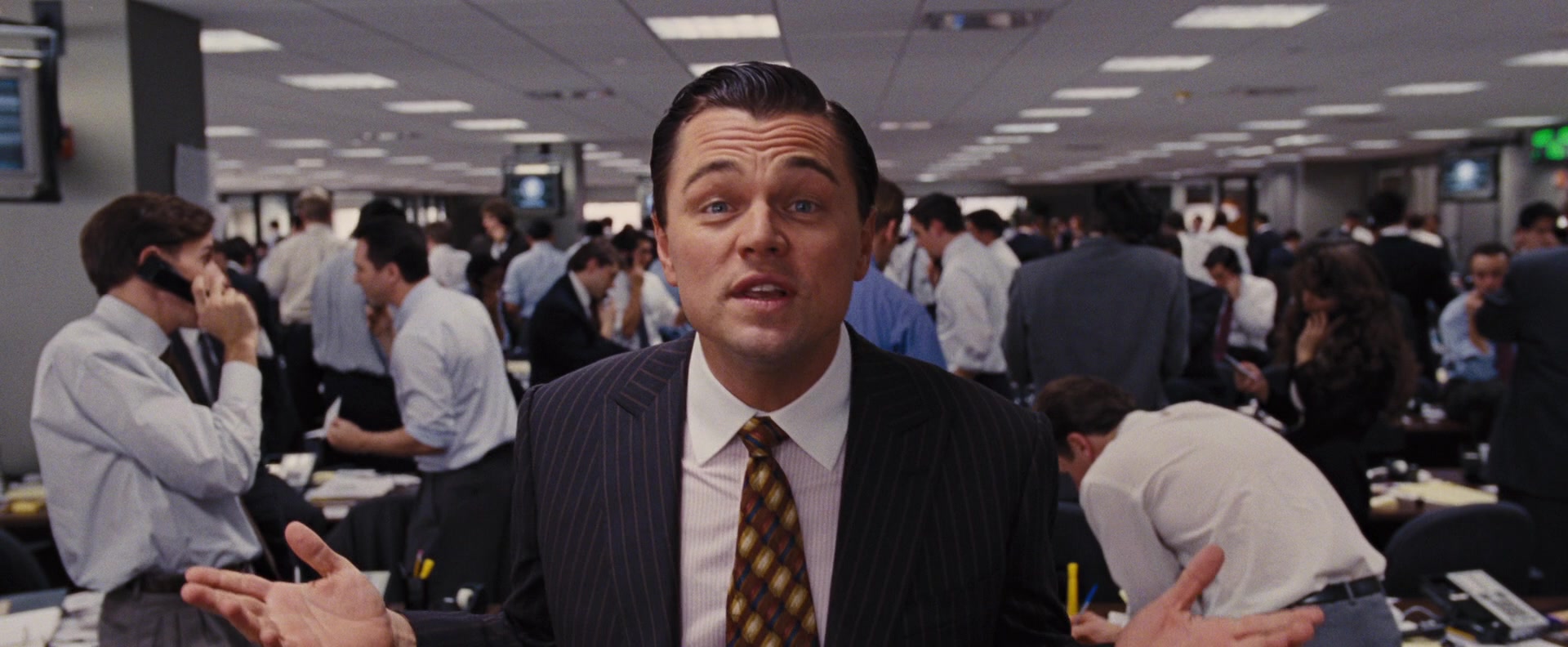
“Honestly, the closest I can think of them, as well made as they are, with actors doing the best they can under the circumstances, is theme parks,” he opined. “It isn’t the cinema of human beings trying to convey emotional, psychological experiences to another human being.”
Expanding on his opinion in an op-ed for The New York Times, Scorsese opined, “Many of the elements that define cinema as I know it are there in Marvel pictures. What’s not there is revelation, mystery or genuine emotional danger.”
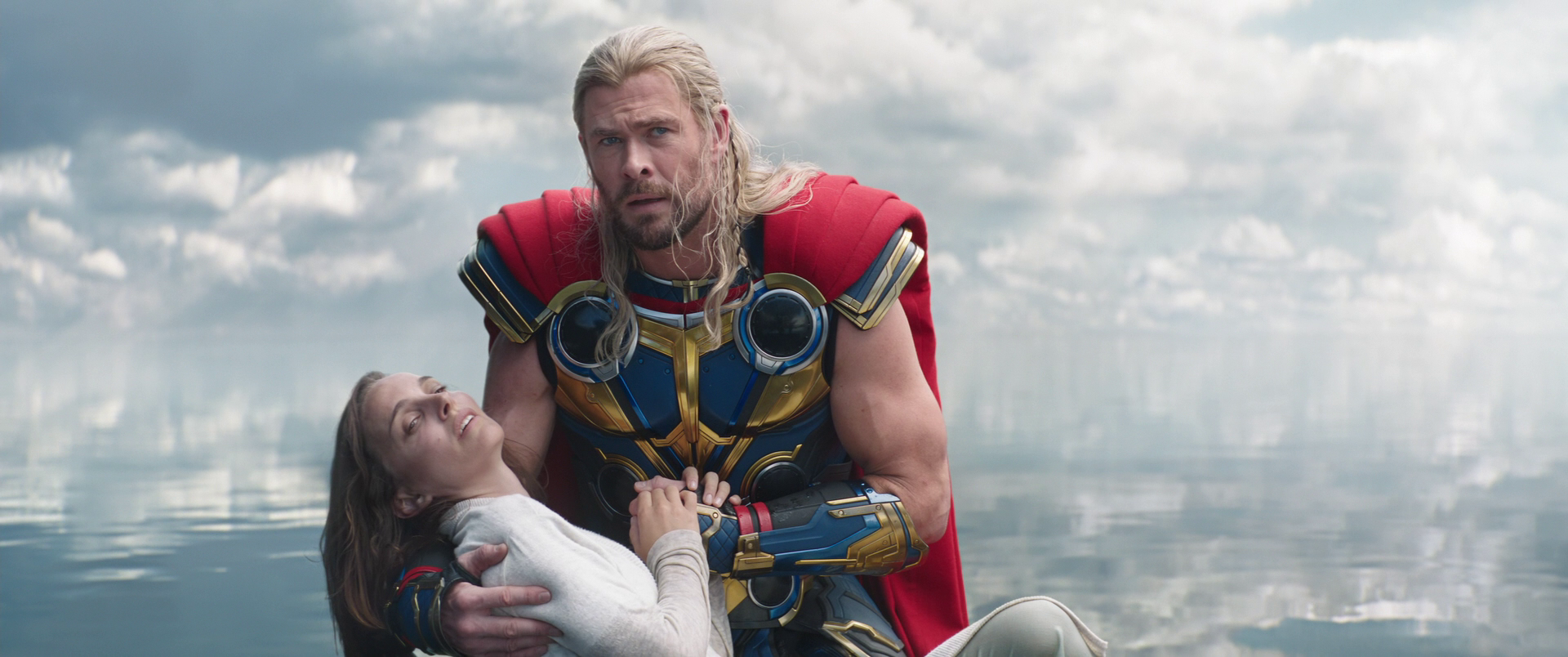
“Nothing is at risk,” he said. “The pictures are made to satisfy a specific set of demands, and they are designed as variations on a finite number of themes. They are sequels in name but they are remakes in spirit, and everything in them is officially sanctioned because it can’t really be any other way.”
“That’s the nature of modern film franchises,” the director asserted. “Market-researched, audience-tested, vetted, modified, revetted and remodified until they’re ready for consumption.”
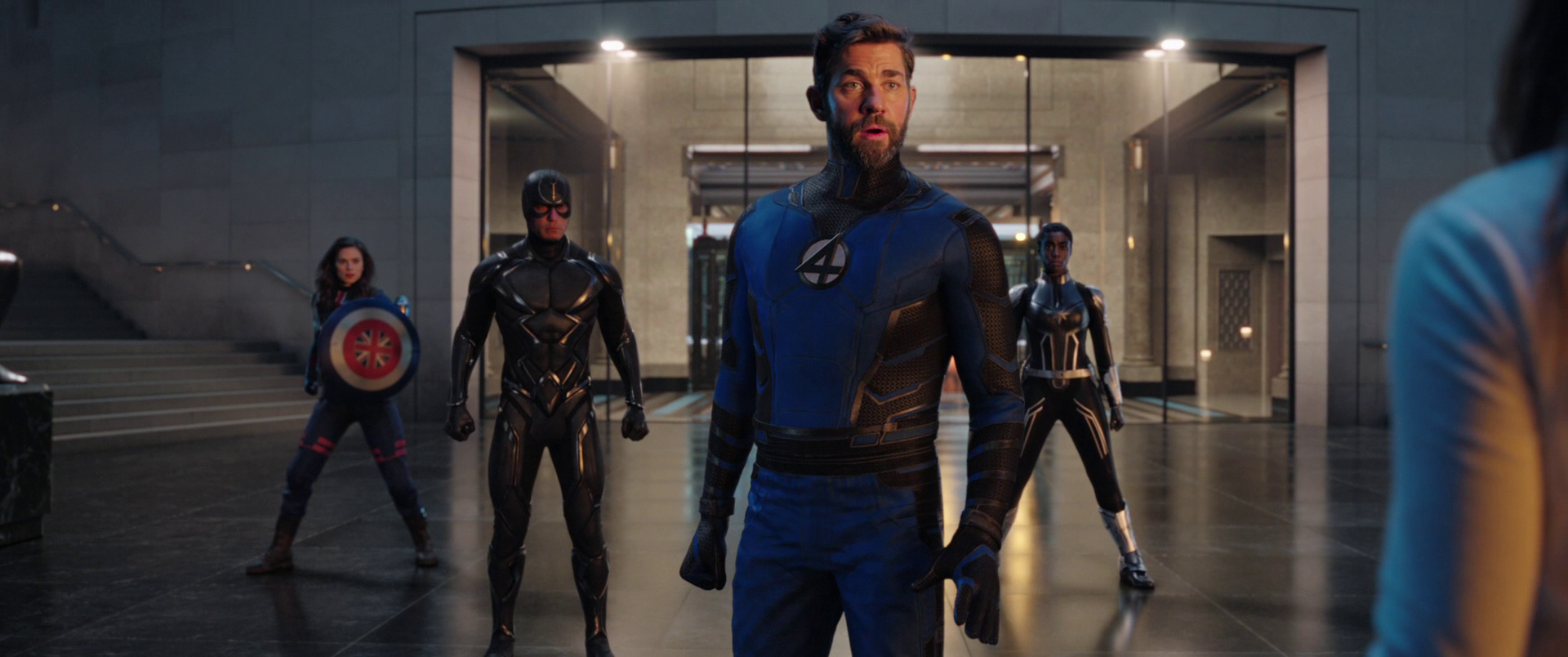
Unsurprisingly, Scorsese is not the only auteur director who has taken issue with the lack of creativity in and ‘disposable’ nature of the MCU.
Asked by The Los Angeles times during a November interview why he never chose to set foot in Marvel’s ever-devolving franchise, Tarantino asserted, “You have to be a hired hand to do those things.”
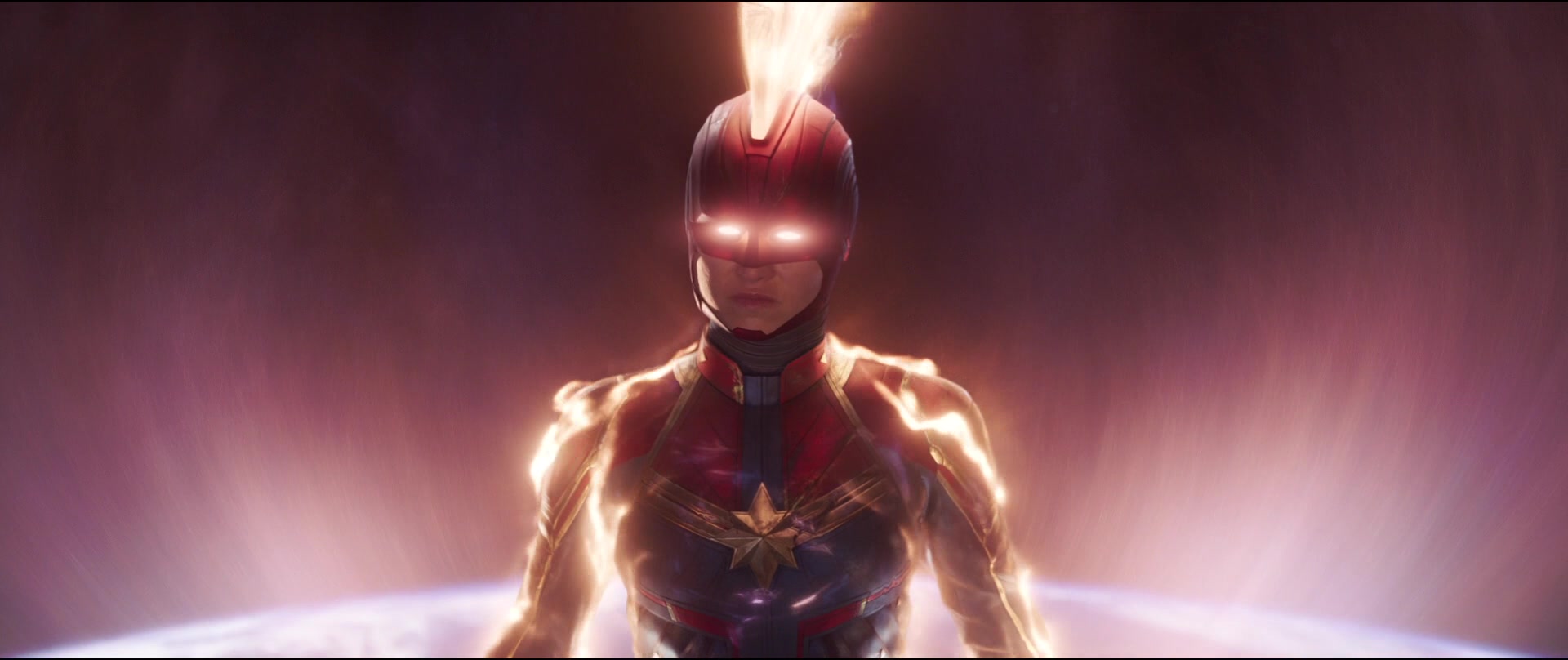
“I’m not a hired hand,” he said. “I’m not looking for a job.”
His comments sparking a wave of backlash from Marvel stans, Tarantino elaborated on his point during a later interview with Deadline.
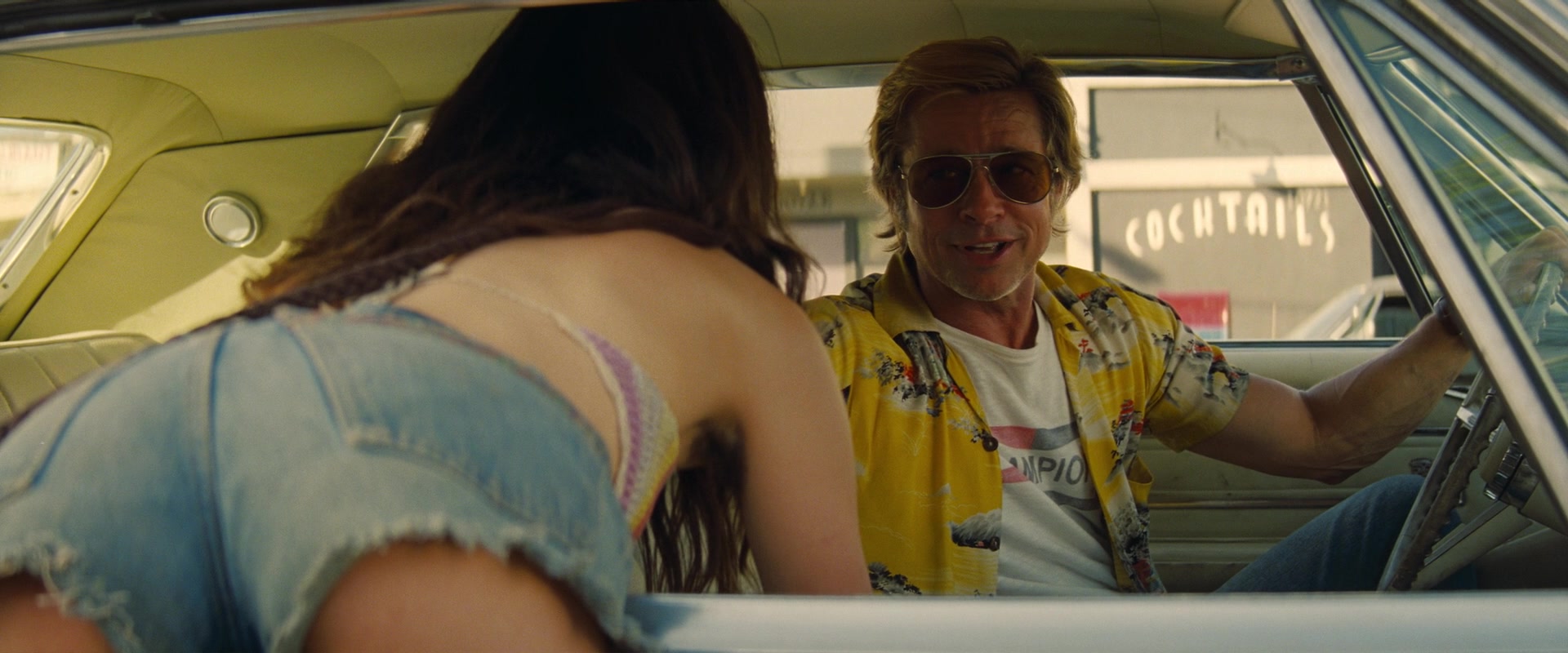
“Marvel is a company,” said the Once Upon A Time In Hollywood director. “They have properties, and when they hire a director, they’re hiring a director to shepherd their property. I’m not looking for a job like that, and I’m not even eligible for a job like that.”
Raising concern about creator’s rights, Tarantino told the entertainment news outlet, “If it was going to work out for me, I would go to Marvel Comics. I would create a character, they would have no rights over the character other than to publish the book, and then when the book became successful I would make a movie and they would have no rights over the movie other than the privilege of releasing it.”
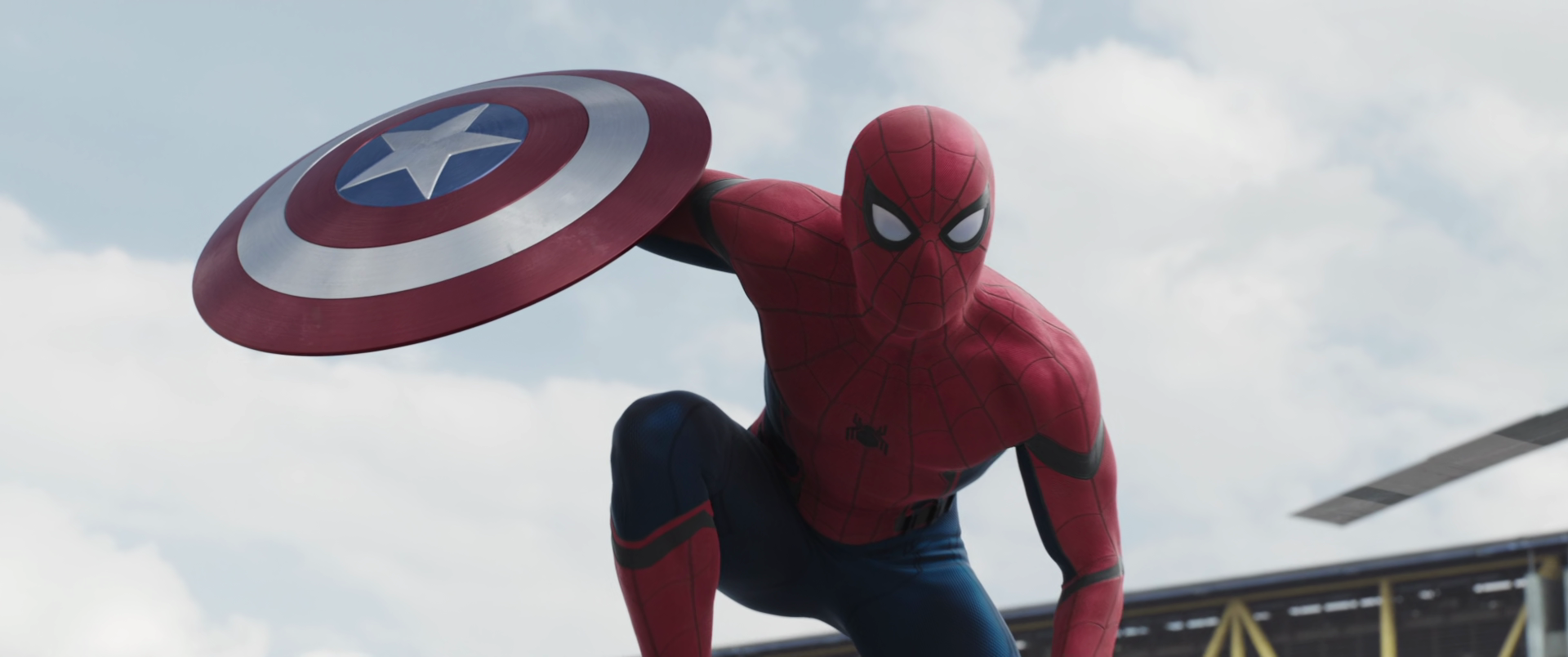
Further expounding on his disdain for the MCU’s active assault on creativity during a November 21st appearance on comedian Tom Segura’s 2 Bears, 1 Cave podcast, Tarantino posited that “part of the Marvel-ization of Hollywood is that you have all these actors who have become famous playing these characters, but they’re not movie stars.”
“Right?” he asked Segura. “Captain America is the star. Or Thor is the star. I mean, I’m not the first person to say that. I think that’s been said a zillion times, you know, but, you know, but it’s like, you know, it’s these franchise characters that become a star.”
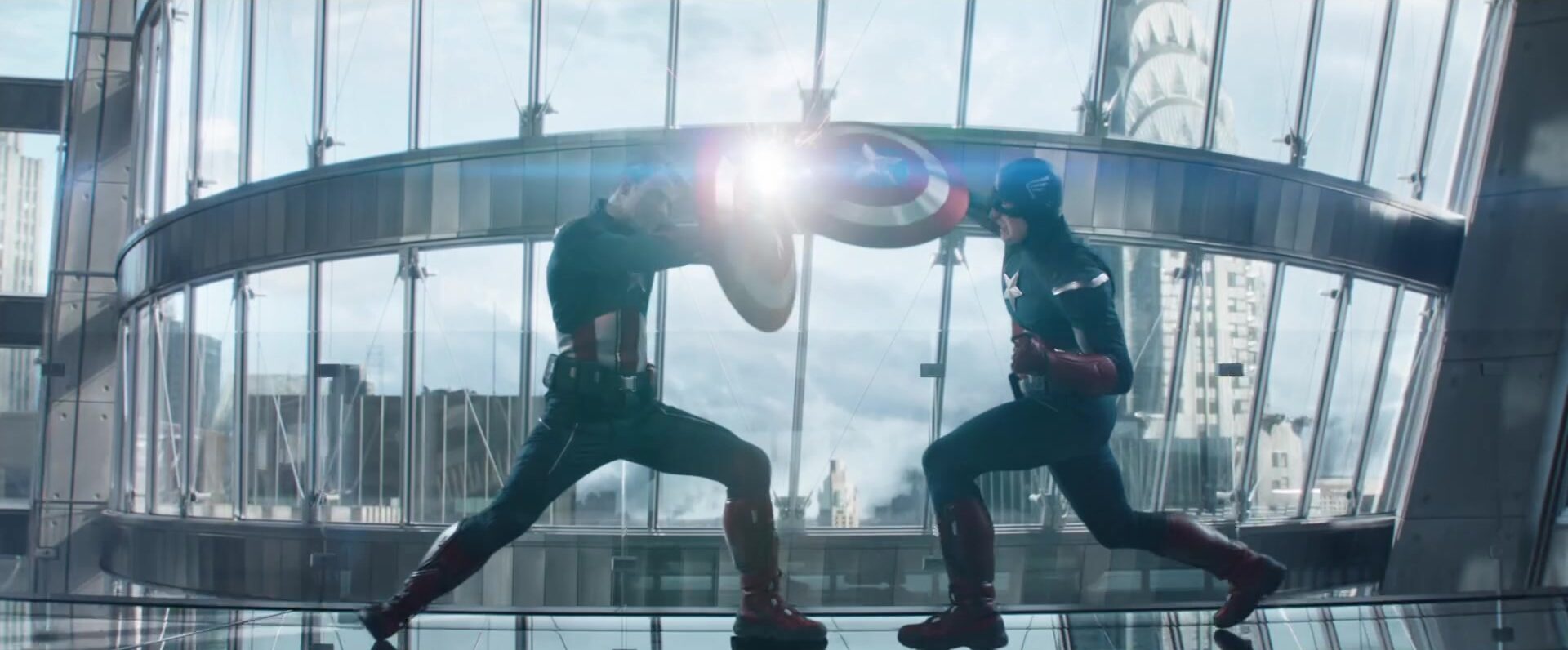
Predictably, Tarantino’s refusal to praise such moments as Yelena’s disregard for the seriousness of the Red Room’s forced hysterectomies as the pinnacle of modern storytelling only led to more outrage amongst Marvel diehards.
Eventually taking note of the fervor, Liu seized on the chance to clout chase and took to his personal Twitter on November 22nd to refute the directors’ criticisms by accusing them of essentially being nostalgic for racism.
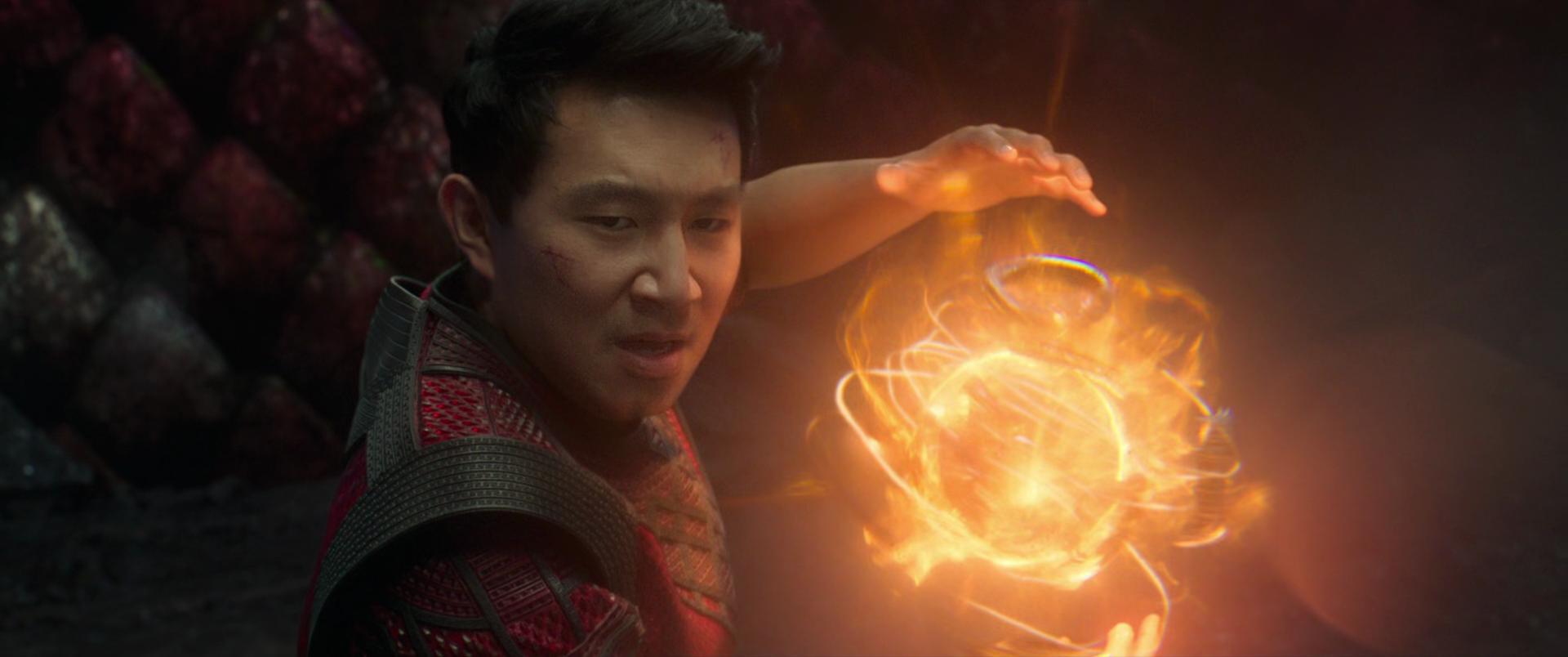
“If the only gatekeepers to movie stardom came from Tarantino and Scorsese, I would never have had the opportunity to lead a $400 million plus movie,” wrote the Shang-Chi actor, implying that the two directors would have personally dismissed his career because of his Chinese ethnicity.
“I am in awe of their filmmaking genius,” he added. “They are transcendent auteurs. But they don’t get to point their nose at me or anyone.”
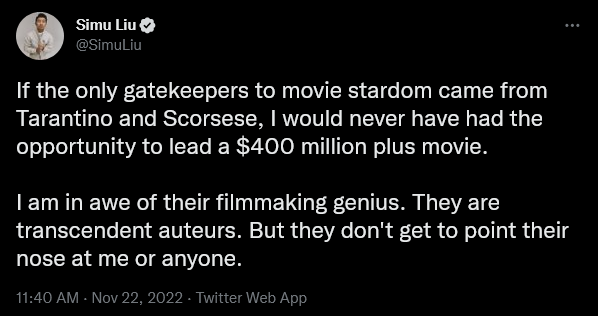
The unbearably smug actor then turned to laughably praise Disney – the same company that in recent years alone have shrunk John Boyega’s Finn on the Chinese posters for Star Wars: The Force Awakens and ensures that the onscreen ‘diversity’ they claim to champion can be easily cut for foreign markets – as the shining paragon of inclusion and representation.
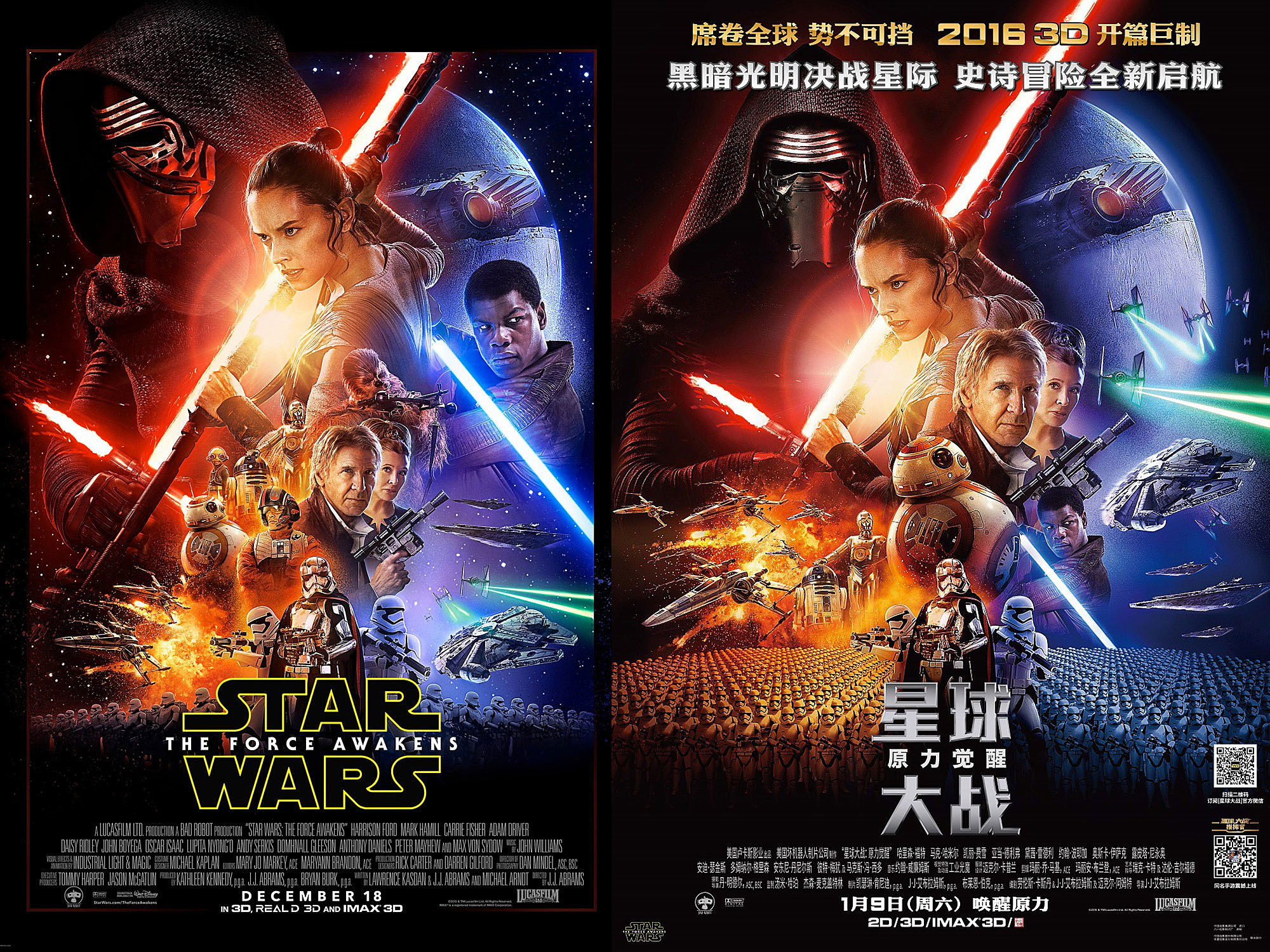
“No movie studio is or ever will be perfect,” he proclaimed. “But I’m proud to work with one that has made sustained efforts to improve diversity onscreen by creating heroes that empower and inspire people of all communities everywhere.”
“I loved the ‘Golden Age’ too,” self-aggrandizingly asserted the same man who has sought to disingenuously frame his appearance in a mass market Disney product as the first true representation of Asian individuals in media “But it was white as hell.”
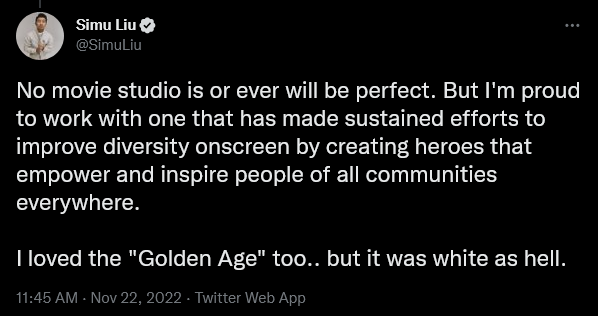
In conclusion to his thoughts, Liu attempted to puff his chest against those who disagreed with him by ‘playing the internet tough guy’, pathetically sharing a GIF of himself as Shang-Chi preparing for a fight alongside the caption, “bracing for loser internet trolls like”.
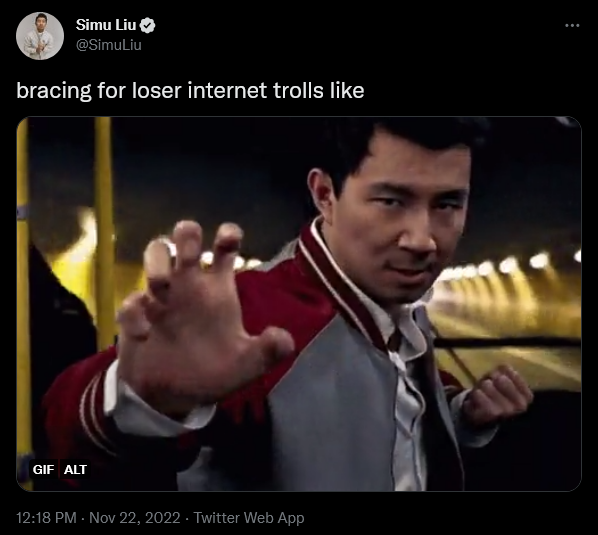
This is far from the first time Liu’s virute signalling has led him to make a fool of himself in public.
In light of the news that the television series in which he gained attention for, Kim’s Convenience, had been canceled by the Canadian Broadcasting Corporation, Liu said he resented the show’s “overwhelmingly white” producers because they did not take input on the script from the actors.
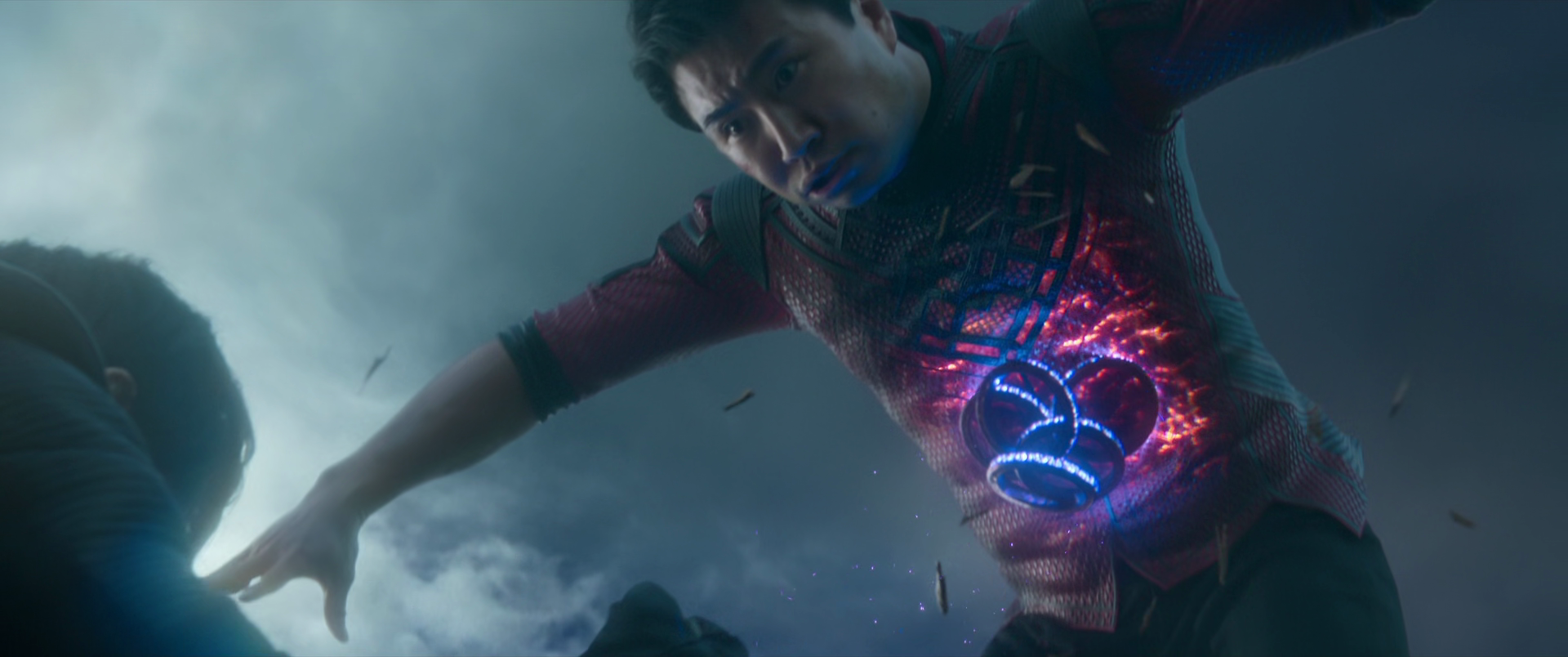
“It was always my understanding that the lead actors were the stewards of character, and would grow to have more creative insight as the show went on,” wrote the actor in a June 2021 Facebook post. “This was not the case on our show, which was doubly confusing because our producers were overwhelmingly white and we were a cast of Asian Canadians who had a plethora of lived experiences to draw from and offer to writers.”
“But we were often told of the next seasons plans mere days before we were set to start shooting…there was deliberately not a lot of leeway given to us,” he additionally accused.
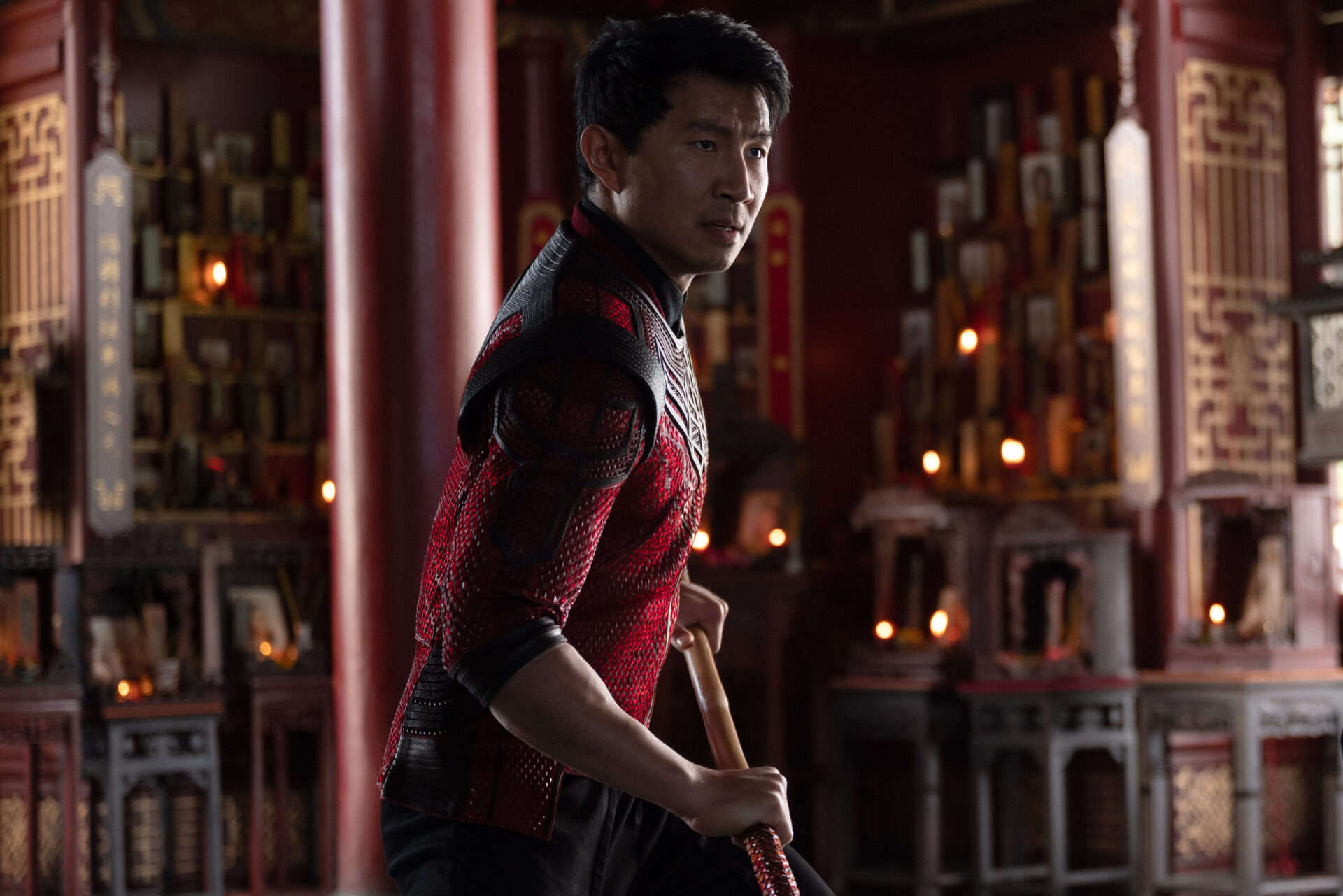
Two months later, Liu took disingenuous issue with comments made by Disney CEO Bob Chapek during the company’s Q3 earnings call, wherein discussion of the decision to release Shang-Chi and Free Guy to Disney Plus after only forty-five days in theaters, the executive opined, “On Shang-Chi, we think it’s actually going to be an interesting experiment for us.”
Though Chapek was clearly referring to Shang-Chi’s experimental release schedule, Liu accused that the CEO was using the term in reference to the fact that the film was Asian-centric.
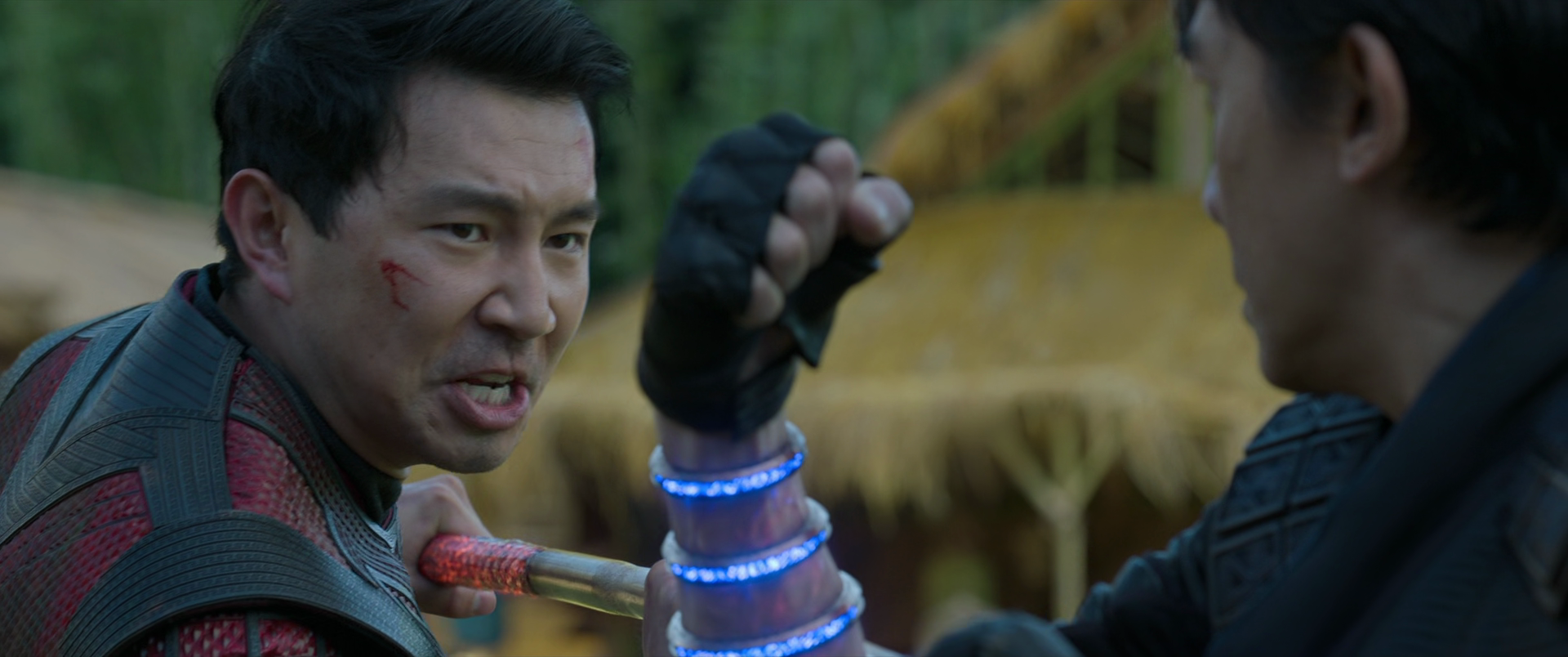
“We are not an experiment,” he tweeted. “We are the underdog; the underestimated,” he continued. “We are the ceiling-breakers. We are the celebration of culture and joy that will persevere after an embattled year. We are the surprise. I’m fired the f–k up to make history on September 3rd; JOIN US.”
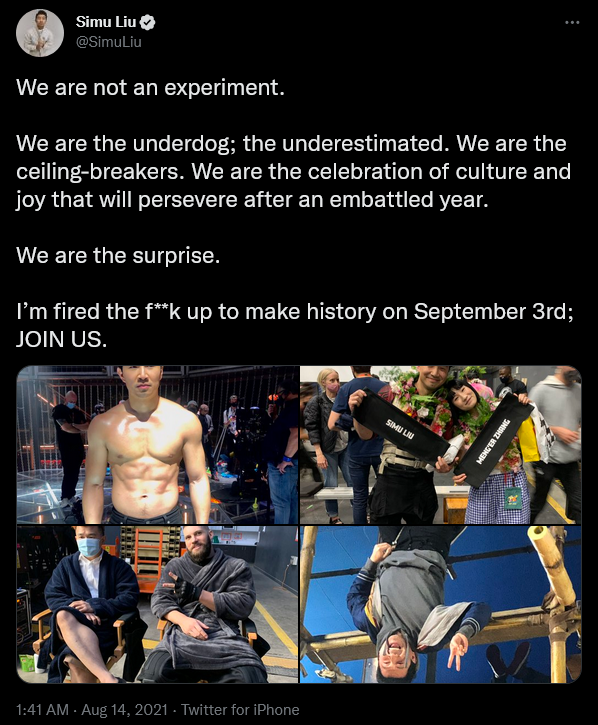
As noted above, just a few days after this bad faith interpretation of Chapek’s words, Liu has also boasted that his performance as Shang-Chi had finally given audiences an “aspirational” Asian character to look up to.
“It’s a beautiful and exciting new origin story for this character that a lot of the world hasn’t heard of before,” Liu told Total Film magazine at the Marvel film’s red carpet premiere. “And it means that kids growing up today will have what I didn’t, which are characters that are aspirational, that also reflect their lived experience.”
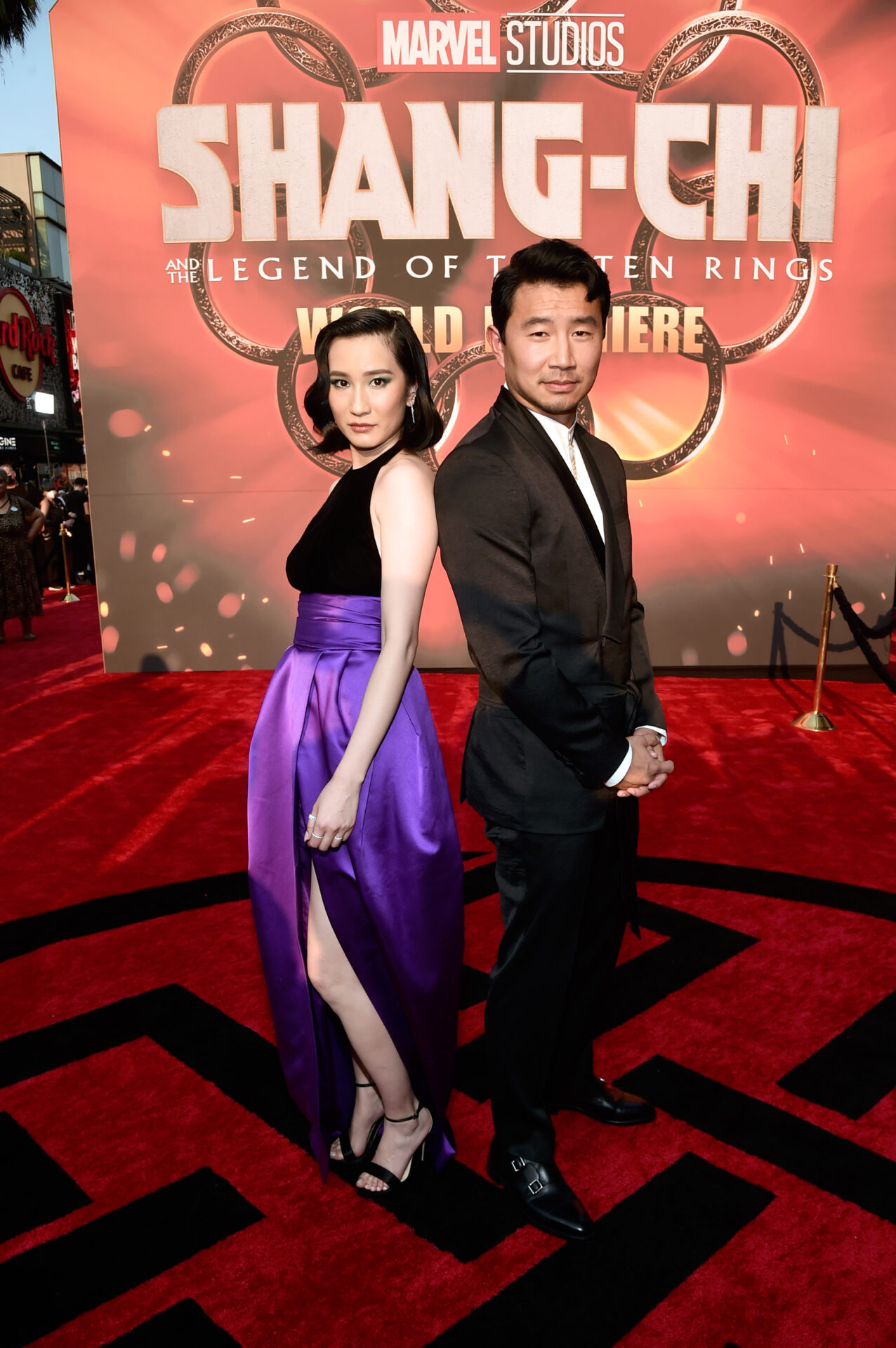
Doubling down on his self-positioning as the savior of Asian representation, Liu would assert in an August 2021 Reddt AMA, “In 2012 when I first started out, I thought that maybe if I worked really really hard, I could be a guy that gets beaten up by one of the main characters one day.”
“That was the pinnacle for actors that looked like me,” he bizarrely claimed, ignoring the decades worth of Asian cinema and television stars whose native works became Western fan-favorites. “I’m ashamed to say that I’ve put on the most ridiculous and offensive accents in the past, all because I thought that it was more important to give the casting director what they wanted than to be true to myself.”
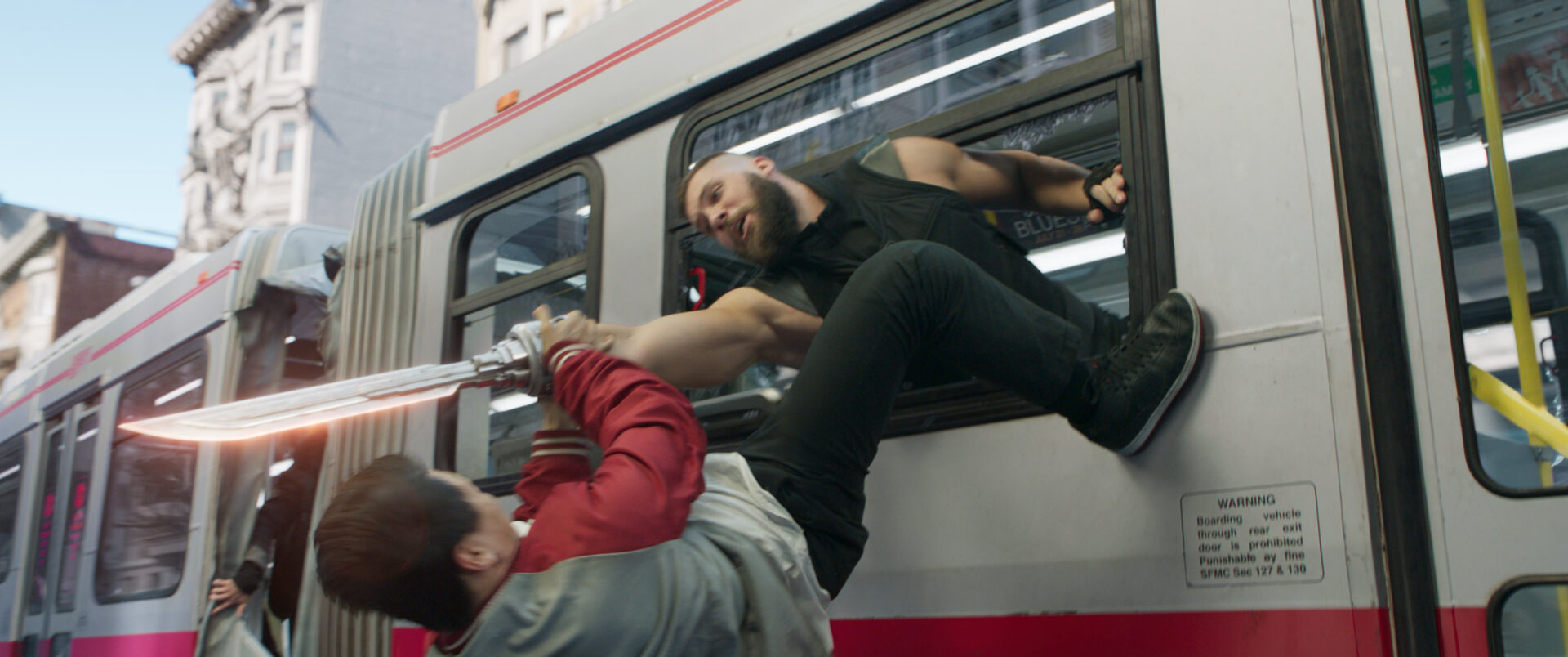
He continued, “Over time, as I toiled about in the industry and struggled to find my footing, I started to realize all of the ways the industry discriminated against us… and that we needed to become the masters of our own narrative… because the way that we were being portrayed was not positive or authentic.”
“That’s why representation behind the camera is just as important as in front,” he concluded.
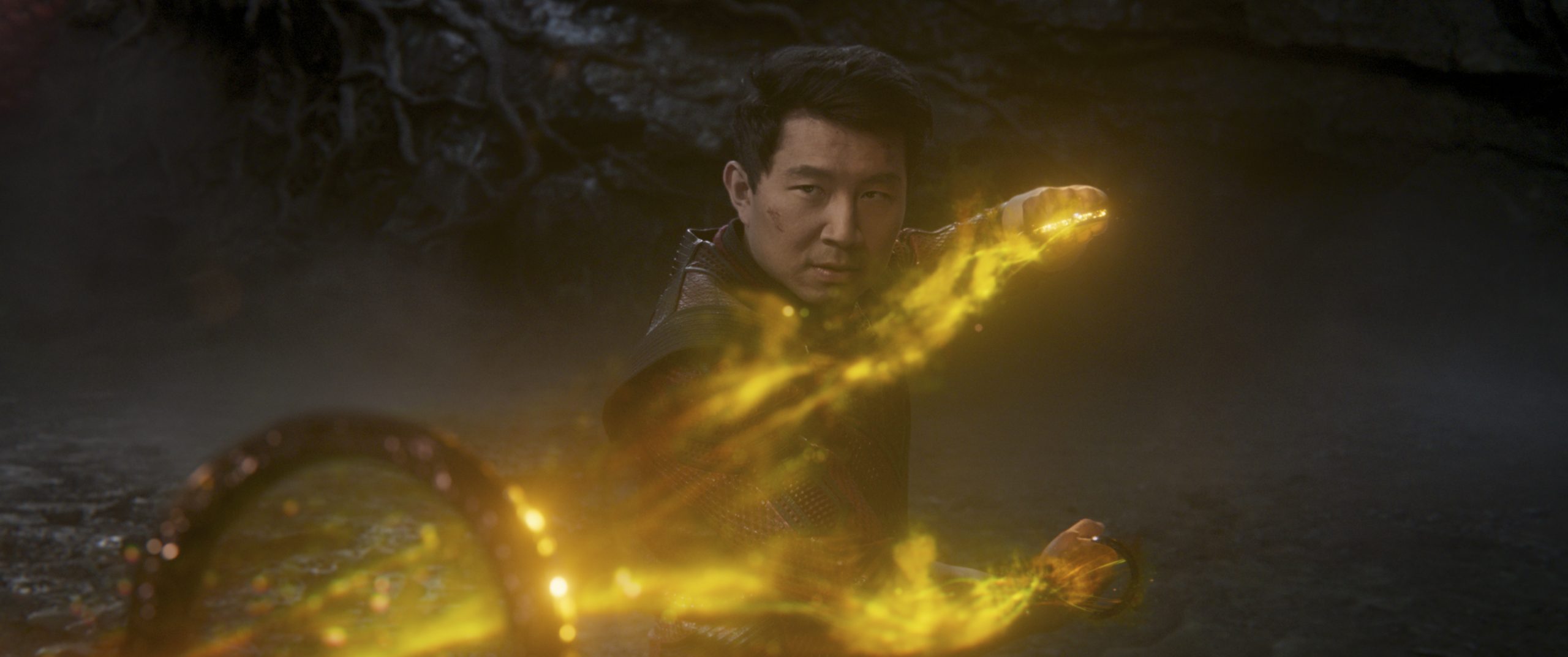
Of course, perhaps most damning of his character – and interestingly, a point of fact which has yet to be seriously addressed by either himself or any Disney representative – was Liu’s penning of a self-described “sympathetic post towards pedophiles.”
Responding to a BBC article discussing an effort by German therapists to encourage self-recognized pedophiles to seek treatment, Liu opined to the /r/worldnews subreddit, “I recently did a show in which I played a pedophile, and did a significant amount of research (clinical studies mind you, not the ‘method’ stuff) on the disorder and how it’s perceived in the media. In the end the role completely changed the way I look at pedophilia and has made me much more sympathetic to anyone who is born with those urges.”
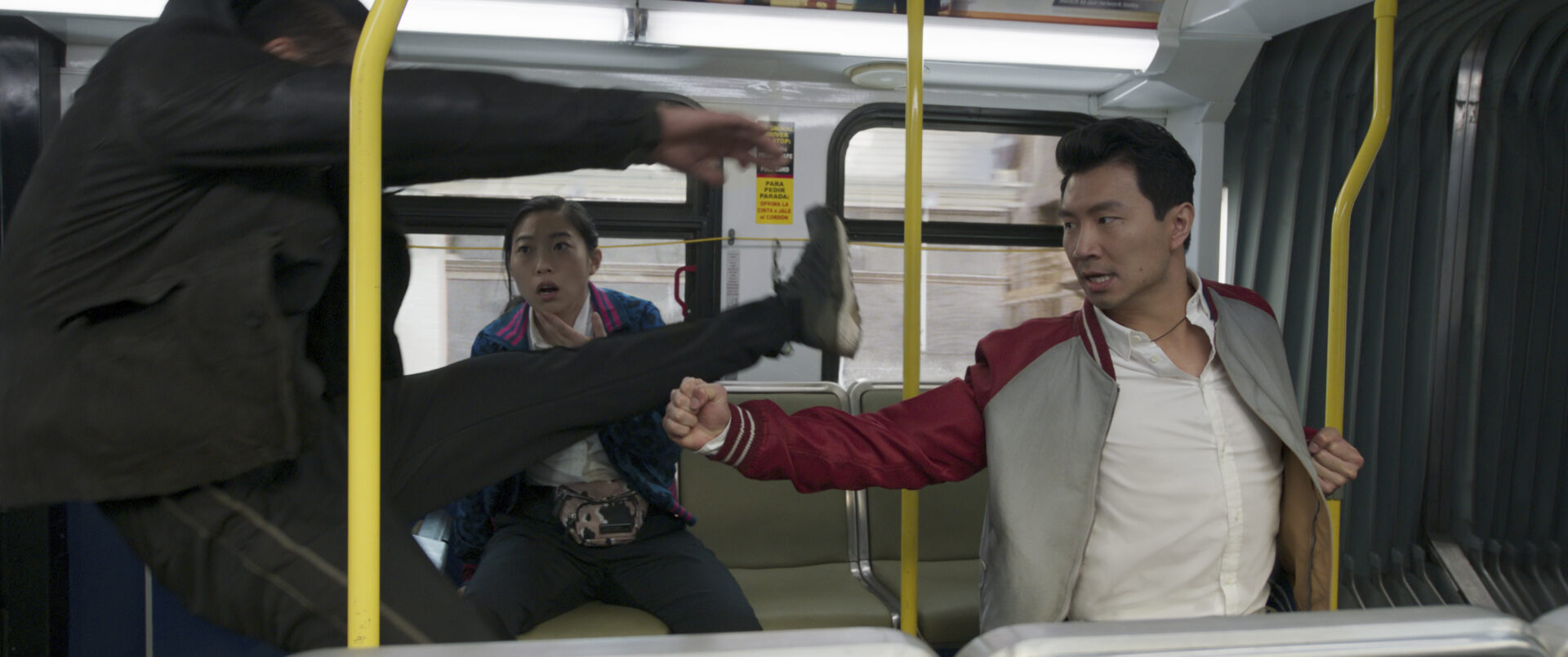
“From a biological standpoint it’s no different than being gay – a small mutation in the genome that defines our sexual preferences,” he continued. “Depending on what area of the world you were born and what time, it also may have been a perfectly acceptable thing to act on those urges.”
“Now, we all know that taking advantage of minors is wrong,” the actor clarified. “Disgusting and vile, even. But with the exception of Germany we are going about it completely COMPLETELY the wrong way. It’s like we having learned anything by studying homosexuality – we’re talking about exploring the same ‘cures’ to pedophilia as we were about homosexuality 20 years ago, a la conversion therapy and whatnot.”
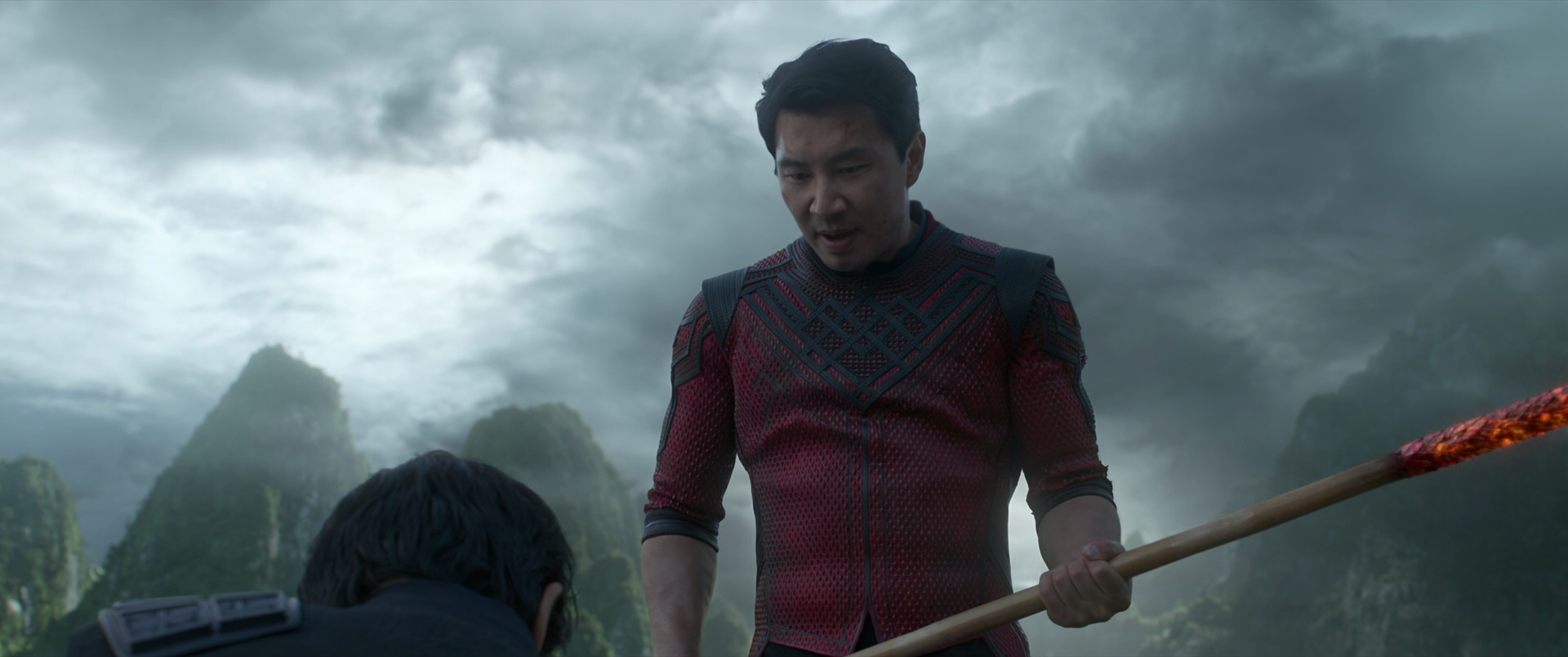
“As a part of my research I discovered that these people have literally nowhere to turn, even non-offending pedophiles,” he said. “They cannot seek treatment in most parts of the word because the therapist or psychiatrist would be legally required to report any individuals they suspected would pose a threat to minors.”
Liu continued, “On message boards and social media I see the same defence time and time again – ‘What if it was your daughter?’ Well, I take their point but would like to ask, ‘What if it was your child who came to you and confessed to being a pedophile?’

“The study I read suggested that as many as 1% of the population may have some degree of pedophilic tendencies,” he then concluded. “If this is true, I certainly hope that the rest of the world follows Germany’s lead.”
Ultimately, Liu signed off, “TL;DR: Actor played a pedophile for a TV show, did research, discovered being a pedophile not so different from being gay. Everyone deserves sympathy. Not black-and-white.”
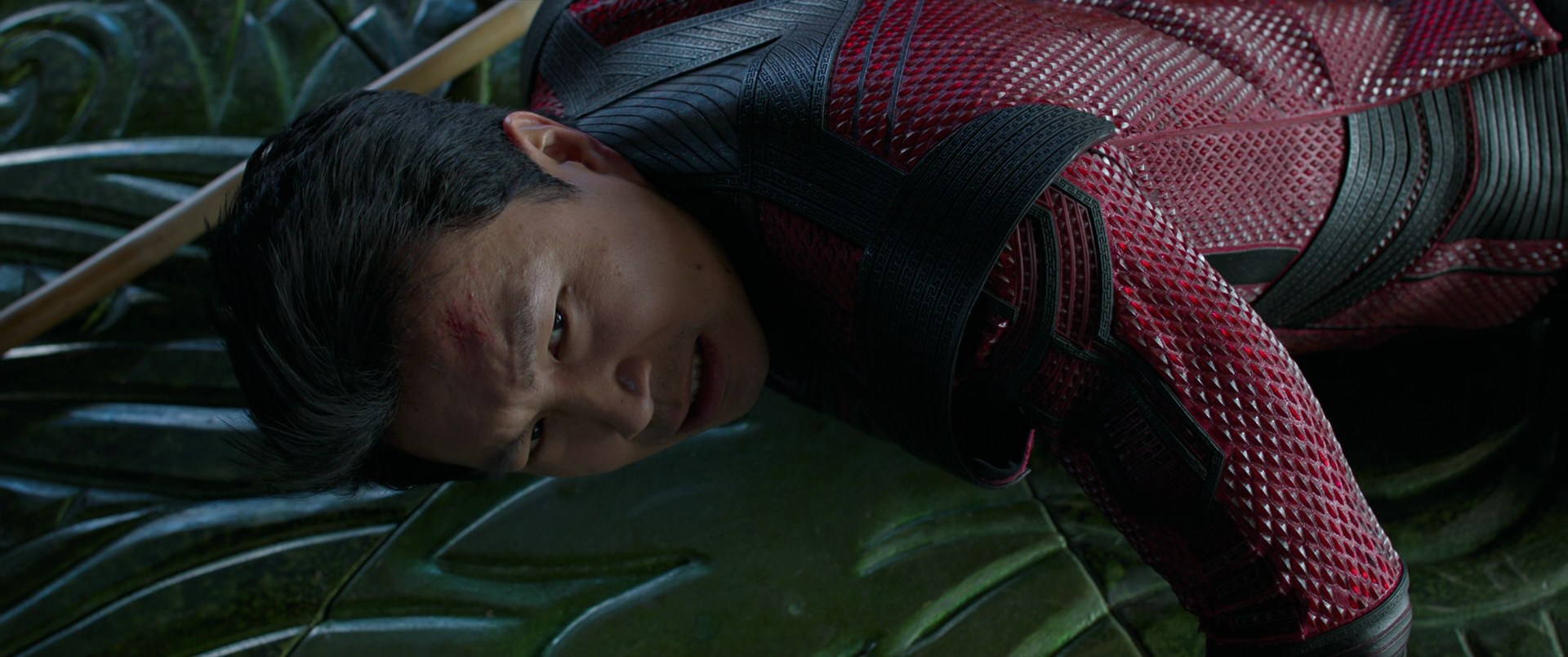
Marvel’s latest non-consequential outing, Black Panther: Wakanda Forever, is now playing.
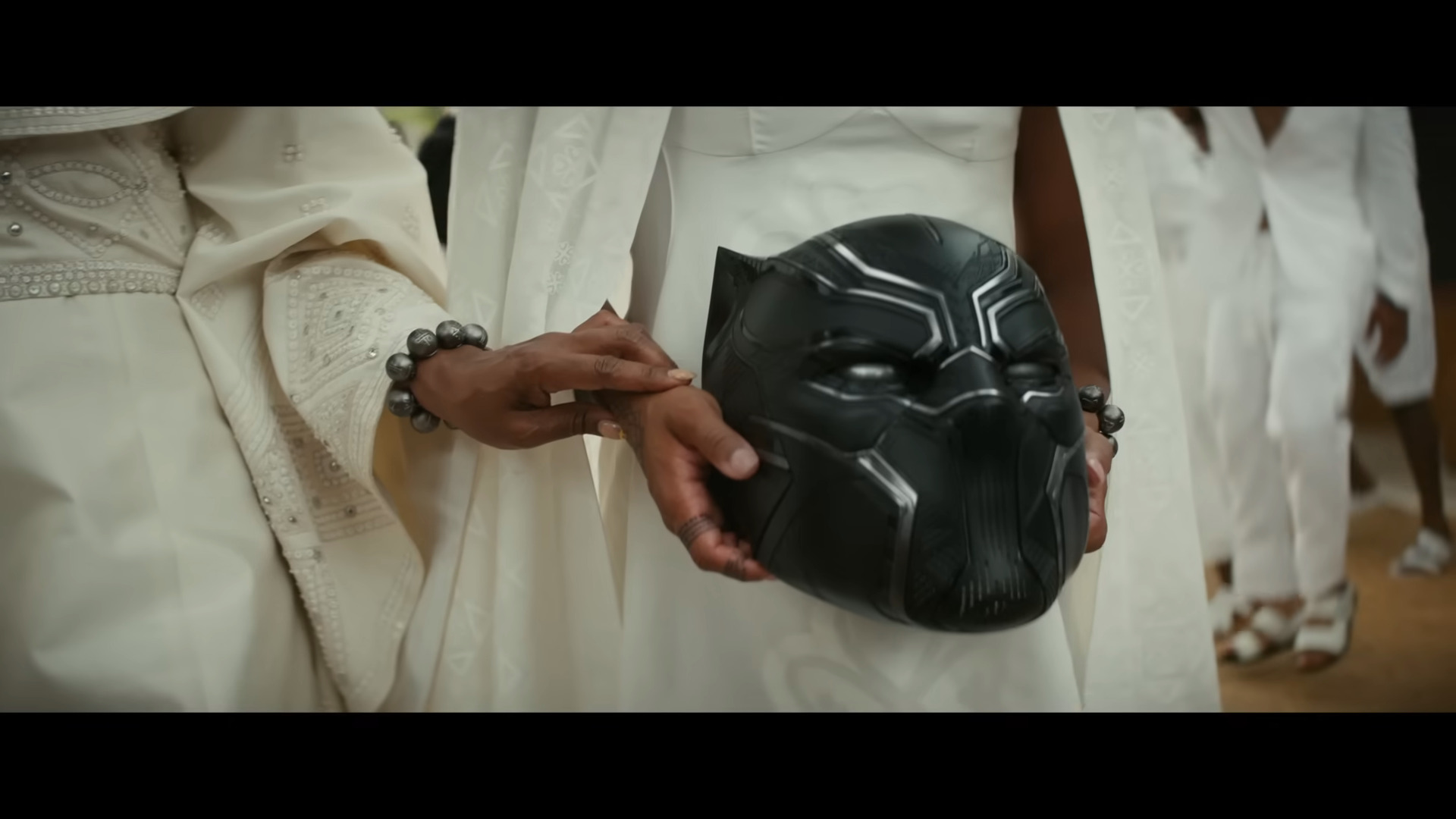
More About:Movies
